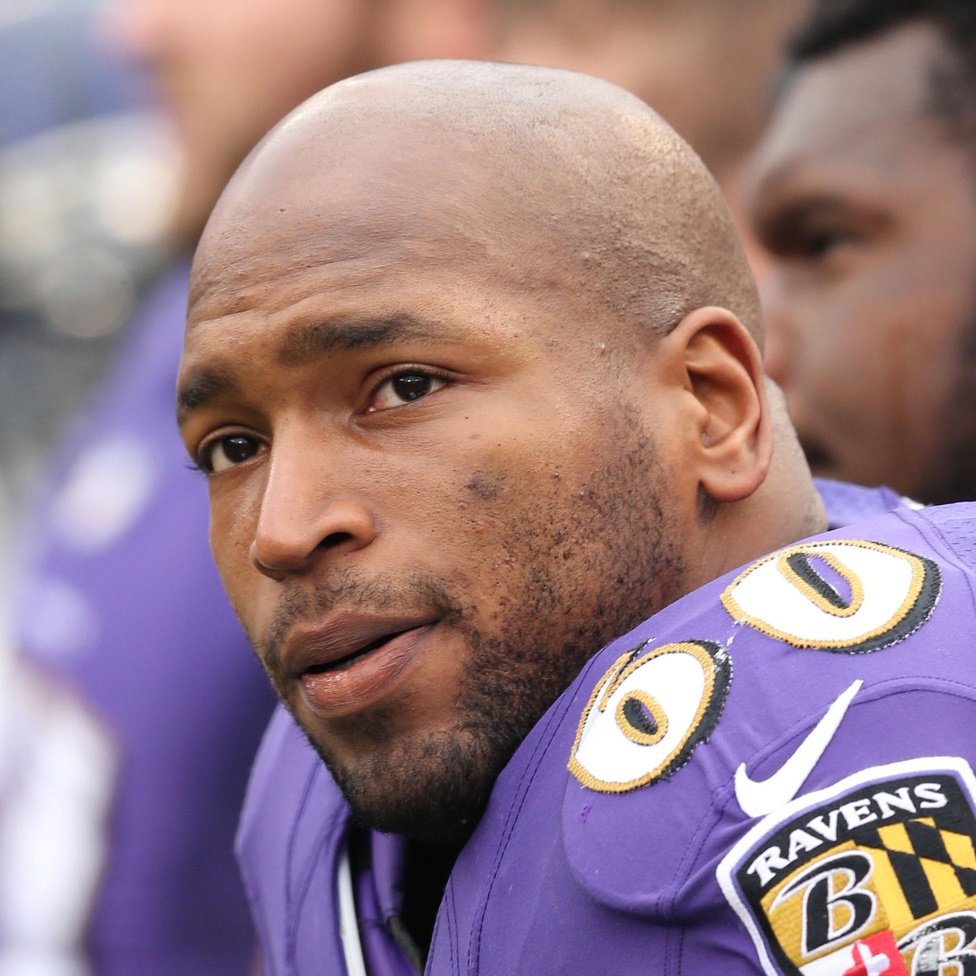Okay, now that seems like a fantastic headline. Almost too surreal to believe. Maybe a skit for a late-night variety show.
But when we look further into Eugene Monroe’s decision to step away from the game of football in the prime of his career, it seems to make a bit more sense.
Monroe, a former offensive tackle for the Jacksonville Jaguars and Baltimore Ravens, announced his retirement from the NFL at the age of 28.
He made the decision after being released from Baltimore, a move some believe the Ravens made simply due to Monroe’s outspoken stance against the NFL’s substance abuse policy (more on that here).
The backstory here is almost as unbelievable as it is eye opening.
Monroe has been a proponent of the NFL allowing players to use marijuana as an alternative to painkillers, the latter of which has created a culture of dependency within the ranks of the league’s players.
Now, months removed from stepping away from the game he loves, Monroe is speaking up about how he was addicted to football, and just how much marijuana itself helped him overcome that dependency.
I’ve played with some very good players,” Monroe said during a lengthy interview with ESPN. “And the way we blocked some guys … you shouldn’t be able to do that to people. I mean, it’s not right — and it doesn’t exist anywhere else but on the field. I mean, really disrespecting and hurting people.”
He then went on to indicate how “awesome” it was.
See, Monroe draws the conclusion that he was addicted to the violence football brought. He was addicted to the feeling of being on the field and the high that came with it.
Not until the former first-round pick noticed his body start to break down after years of playing on the gridiron did Monroe realize just what the sport had done to him.
“When he (Monroe) couldn’t keep playing without taking drugs, he took the drugs team doctors gave him,” ESPN’s Tom Junod noted in the article. “He always followed the rules, even when he began to realize that the rules about drugs didn’t make any sense … indeed, even when he became the first active player in the history of his sport to challenge the rules in public.”
We have seen the prevalence of painkillers around the football world, and how they have impacted some of the players around the league. Ryan Leaf and his post-football drug addiction is a prime example of this (more on that here).
“Those drugs, they stone you,” Monroe continued. “They have psychoactive components. If you get a bottle of any opioid drug, it warns you not to drive, not to operate any heavy machinery. They cause drowsiness and fatigue; they cause lethargy. But we don’t like to talk about that.”
That’s the issue here. NFL players started taking these opioids as a way to deal with the tremendous amount of pain they have had to deal with off the field. This came at a time when the league itself was avoiding the now well-known problem of head-related trauma, including chronic traumatic encephalopathy (CTE).
Without any other answers, the idea here was to provide players with the drugs that would allow them to feel better immediately. It created a widespread epidemic that’s still haunting players to this day. This, as more information has come out regarding CTE itself and the use of painkillers.
For his part, Monroe didn’t decide to step away from the game simply because he was out of options. It was reported during the summer that the New York Giants were interested in his services, a report he verified in ESPN’s wide-ranging interview.
“The Giants had offered me a deal to come and play, and so did the 49ers,” Monroe says. “But I was looking for a reason to play when I knew I shouldn’t. I was trying to legitimize stepping back on the field.”
Now that football is completely behind him, Monroe is still attempting to get the NFL to change its stance on marijuana as an alternative to painkillers. In fact, his public outcry against the league has at least opened some minds within the NFL itself.
The league agreed earlier this year to meet with individuals conducting a study on how marijuana can be used as an alternative for players within the league.
For his part, Monroe refuses to let his son play football. He’s lived through what it can do to a man’s body, and doesn’t want those close to him impacted like that. In the process, he’s continuing to fight the NFL at every turn.
Whether this leads to any changes within the league’s substance abuse policy remains to be seen. But it is, once again, putting the entire issue in the forefront of conversations around the NFL.

